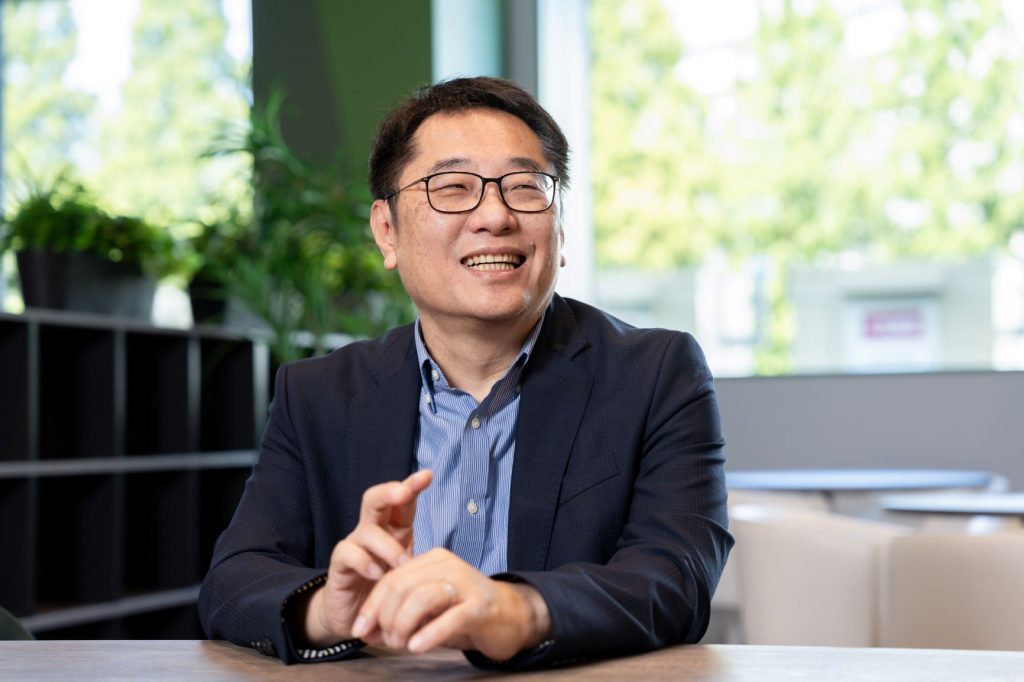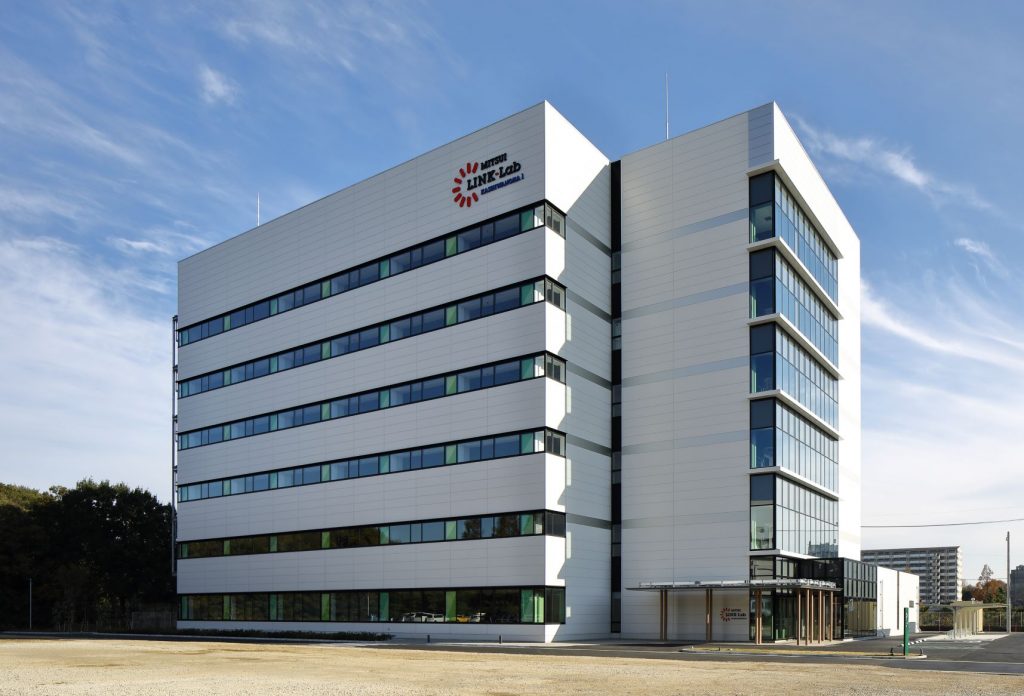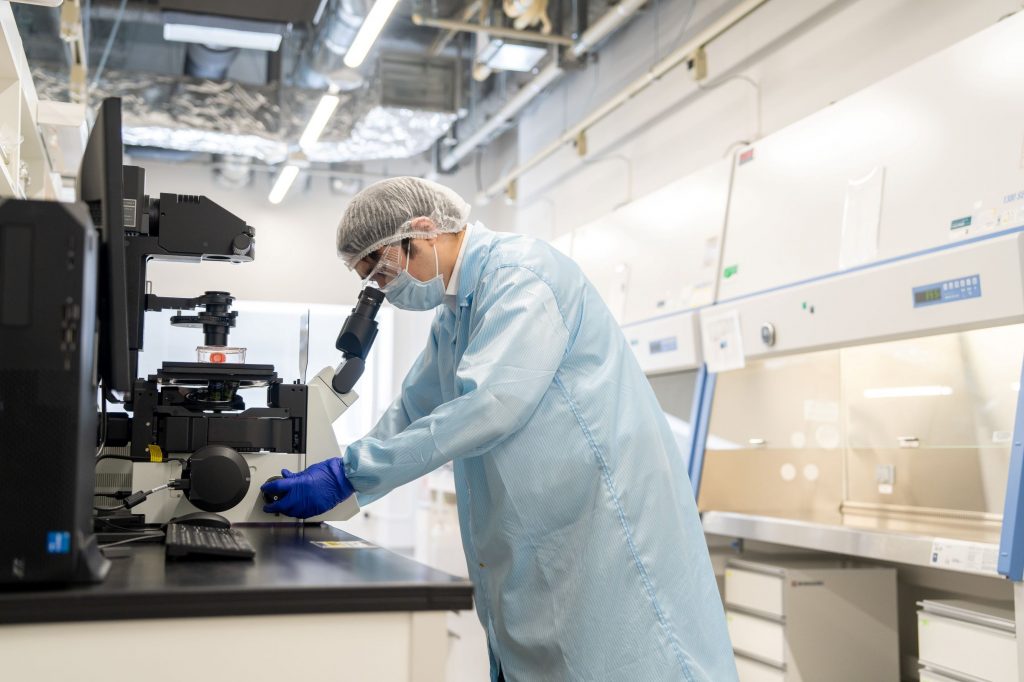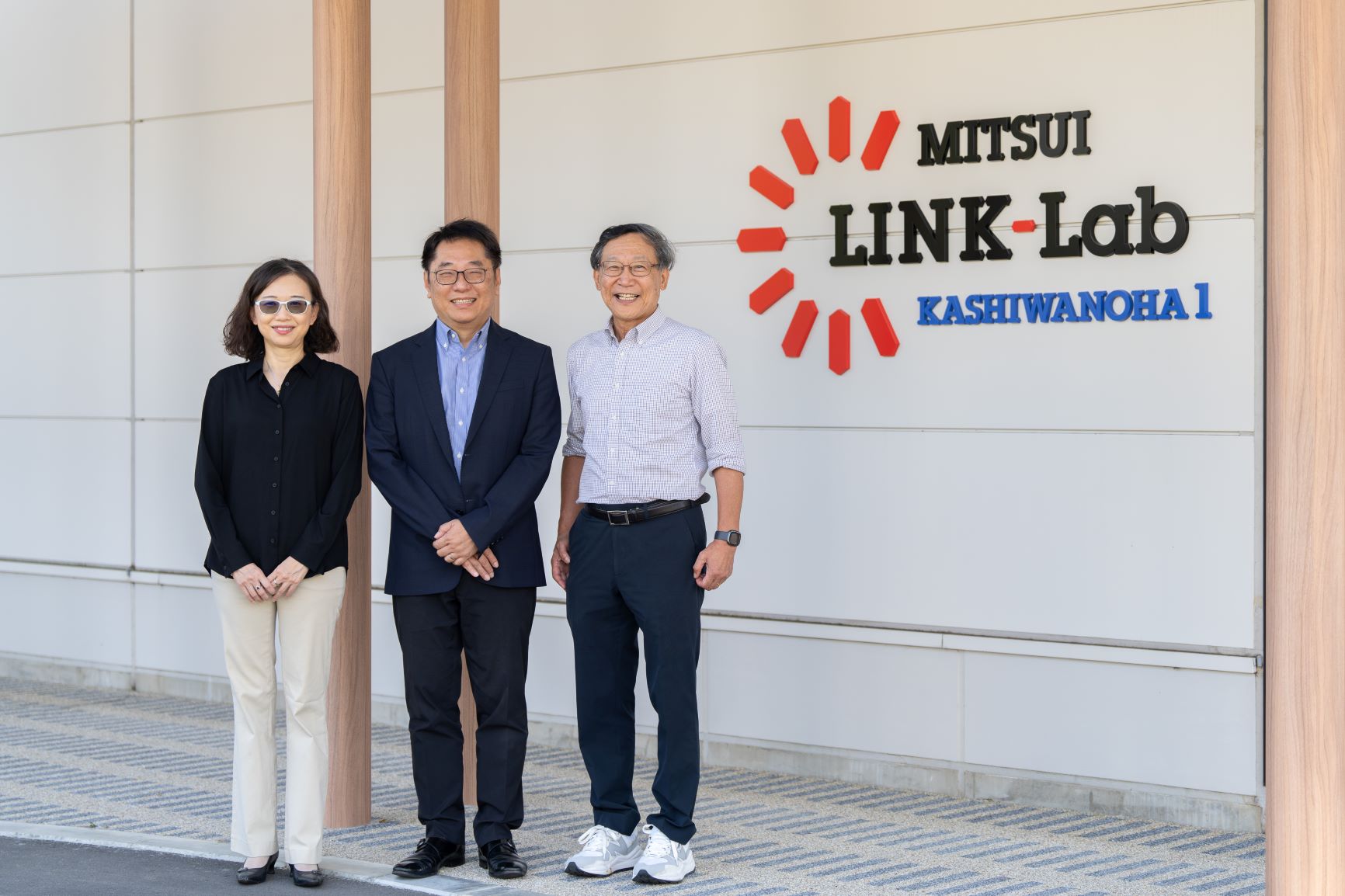CDMO of virus vectors born from the Institute for Virus Research in Taiwan
First of all, please introduce the company.
Mr. Yuan: Our roots date back to the Institute for Virus Research, which was established by the Bioscience Technology Development Center, which was funded by the Taiwan Government. In 2016, we became independent CRO from Taiwan, specializing in biosafety testing and quality testing. Our main businesses are the CDMO business, which develops and manufactures viral vectors for cell therapy and gene therapy products, as well as test services for cell therapy, biosafety testing of gene therapy products, vaccines, and biological formulations, as well as product shipping tests. Headquartered in New Taipei, Taiwan, it also owns GMP facilities in New Taipei and Xinzhu provinces for research-level to large-scale commercial manufacturing.
In contracted manufacturing of virus vectors, we provide a one-stop service that completes all from preclinical research level, clinical trial level, and commercial level. The types of viruses to be handled are wrentivirus, retrovirus, adeno-associated virus, and adenovirus. Most of our customers are Taiwanese companies, but Japanese customers account for about 30% of the total.


Mitsui Link Lab Kashiwa-no-ha 1
A Japanese subsidiary (TFBS BIOSCIENCE LLC) has also been established.
Mr. Yuan: Japan is an advanced area of regenerative medicine and genetic medicine, and it is an important market for us. In the development of biopharmaceuticals, it is very important to find and solve various issues that will become a problem in the later development process at the early stage of development. Therefore, in an environment where discussions can be made with Japanese companies and researchers from the early stages of development, we believe that it is necessary to proceed with development together, so we established a base in Japan. To enter Japan, we have established partnerships with Mediridge Co., Ltd. and Teijin Co., Ltd. Last year, the three companies concluded an agreement on a business alliance regarding the supply of virus vectors and plasmides used for the manufacture and development of regenerative medicine products with the introduction of genes.

The role of Kashiwa-no-ha R&D Lab is "to play an early stage of research and development jointly with Japanese researchers."
Please tell us about your strengths.
Mr. Huang: We have accumulated more than 10 years of development experience and experience, including the time of the Institute for Virus Research at our predecessor, Bioscience Technology Development Center. In addition, we have a system in Taiwan that can respond consistently from research and development to animal testing to product manufacturing and quality testing. As for manufacturing facilities, we have obtained FDA (U.S. Food and Drug Administration) certification as well as international certification, so products developed and manufactured by our company can be deployed in the United States. In addition, the report of the work entrusted by our customers in Japan was reviewed by PMDA in Japan and was able to appropriately support the needs of conducting clinical trials.
Recently, Taiwan has been active in the bio world. What is the difference between Japan and Taiwan?
Mr. Yuan: Taiwanese companies are also very active in expanding overseas. In addition, Taiwan has not ratified the Cartagena Convention (a law that aims to prevent adverse effects on biodiversity by taking regulatory measures when using genetically modified organisms), so it is also characterized by high degree of freedom of research. In particular, the advantage of Taiwan is that it is possible to conduct highly flexible research at the early stage of development, which can shorten the initial development and manufacturing cycle from several months to one year.
On the other hand, Taiwan is a small island country compared to Japan, so if you do not enter overseas markets, you will not succeed in the biopharmaceutical business in Taiwan alone. Recently, Taiwanese companies, mainly in the semiconductor industry, are expanding into Japan, but the world of biopharmaceuticals is still in the near future.

For the first time in Japan, we were helped by the support of Mitsui Link Lab.
What is the role of the newly established Kashiwa-no-ha R&D Lab?
Mr. Yuan: The purpose of the Kashiwa-no-ha R&D Lab is to work with Japanese companies and researchers from the early stages of development. Specifically, the Kashiwa-no-ha R&D Lab is in charge of early R&D, and the Taiwan lab is responsible for the late development and actual manufacturing, which requires further scale-up.
What inspired you to learn about Mitsui Link Lab Kashiwa-no-ha 1?
Mr. Yuan: Our partner, Teijin Co., Ltd., has established a base for the CDMO business of regenerative medicine and other products at Mitsui Link Lab Kashiwa-no-ha 1. In the Kashiwa-no-ha area, there are many academia and research institutes such as the National Cancer Center East Hospital and the Kashiwa Campus of the University of Tokyo, and it is also attractive because it is close to the University of Tsukuba. It has good transportation and good access to Tokyo.
Mr. Huang: I am very grateful that Mitsui Link Lab will provide opportunities for discussion with the teachers of the National Cancer Center. In the future, we hope that Mitsui Link Lab will create opportunities to exchange opinions with researchers in the Kanto region who are active in the fields of regenerative medicine and genetic medicine.
What kind of impression did you have when you actually started your activities at Kashiwa-no-ha Lab?
Mr. Yuan: At first, I was surprised that the operational rules were strict. However, it was a good thing to have strict operational rules, and we only adhere to the rules, so on the contrary, we had a good impression. In addition, there are many companies, including competitors, and it is good to be in an environment where it is easy to contact. There is a company on the same floor as ours that can easily talk to you.
Mr. Huang: In the case of an overseas company like us, even if you open a lab in Japan, it's just something you don't know at first. In that regard, Mitsui Link Lab provided a variety of support, so I was very encouraging. Without the cooperation of Mitsui Link Lab, we would not have been able to start operation of the lab as soon as possible. In that respect, I think it's great.

Please tell us about what you would like to achieve in the future through Mitsui Link Lab Kashiwa-no-ha 1.
Mr. Ryu: It's been less than a year since I moved in, so I'm still doing my best to know everyone, but in the future I would like to further deepen exchanges with other residents of Mitsui Link Lab Kashiwa-no-ha 1.
Mr. Yuan: Kashiwa-no-ha R&D Lab is our first overseas lab, and the scale is not yet large. In the future, I would like to further expand my business in Japan by taking on the challenge of collaboration between industry, academia and government, and expand the scale of the lab through business expansion.


